Choosing a Fundraising Consultant

What to Look for When Choosing a Fundraising Consultancy
If you feel that your fundraising efforts need a helping hand, a fundraising consultancy can provide a depth of knowledge and support across several areas. They can provide guidance on how to streamline processes, offer advice on how to complete grant applications, help you develop new income streams, and more.
There are numerous fundraising consultancies, but not all will be the right ‘fit’ for your charity. To help narrow down the choice, here are some tips on how to find a fundraising consultancy for your charity or non-profit organisation:
How to Find a Fundraising Consultancy
If you search for fundraising consultancy online, you’ll be overwhelmed by the number of results. While it’s good to have a large choice to choose from, it doesn’t make your decision any easier, nor does it guarantee that the consultancy is a respectable one. But, a good place to start your search is through the AFC directory of members, highlighting various top fundraising consultancies.
Once, you’ve shortlisted a number of consultancies, here are some things to consider before making your final decision:
What Experience Do They Have?
Each fundraising consultancy is different. Some, like Group IFC, offer a wide spectrum of fundraising services, while others specialise in a specific type of fundraising or nonprofit work. Either way, it’s always best to work with a consultancy which has experience in delivering the outcomes you want to achieve. So, make sure to take a thorough look at their website, case studies, and online reviews. You can even ask the consultancy to provide you with two or three references.
What Is Their Approach to the Project?
It’s important to remember that the point of bringing in a fundraising consultancy is to help you achieve better results. Whether it be increasing revenue from existing donors, identifying new ways to raise funds or offering guidance on how to reduce expenditure – you have to be confident that the consultancy has the confidence to openly say what needs to be done, as well as a get-it-done attitude to help you achieve your goals.
Do Their Beliefs Align with Your Organisations?
A good consultancy is one who is adaptable in their approach and who will do everything they need to familiarise themselves with your charity and seamlessly fit into the organisation. You have to be ready for the consultancy to become a temporary member of the team, and that means being confident that you can form a working relationship with them. You also need to be able to trust the consultancy to present to different audiences and be a good representation of your organisation.
Taking the time to thoroughly vet fundraising consultants will make the hiring process that much easier and quicker. Plus, by hiring a firm of consultants who have the relevant qualifications and experience and who are a ‘cultural fit’ with your charity or non-profit will give you the potential to achieve greater results.
Written by Sveta Latysheva – OWO Content Manager
International Fundraising Consultancy










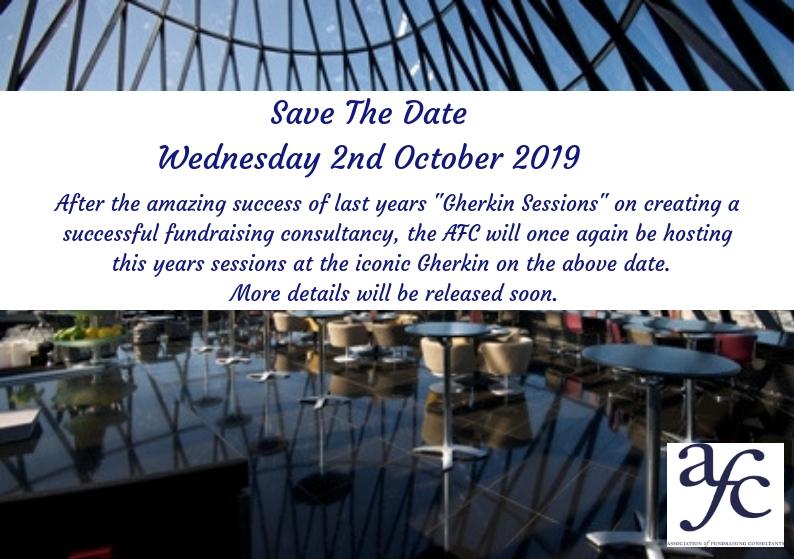

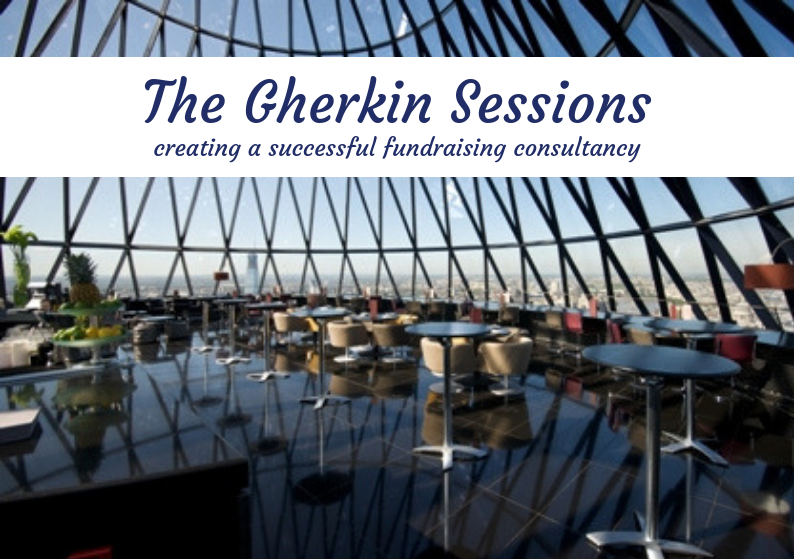

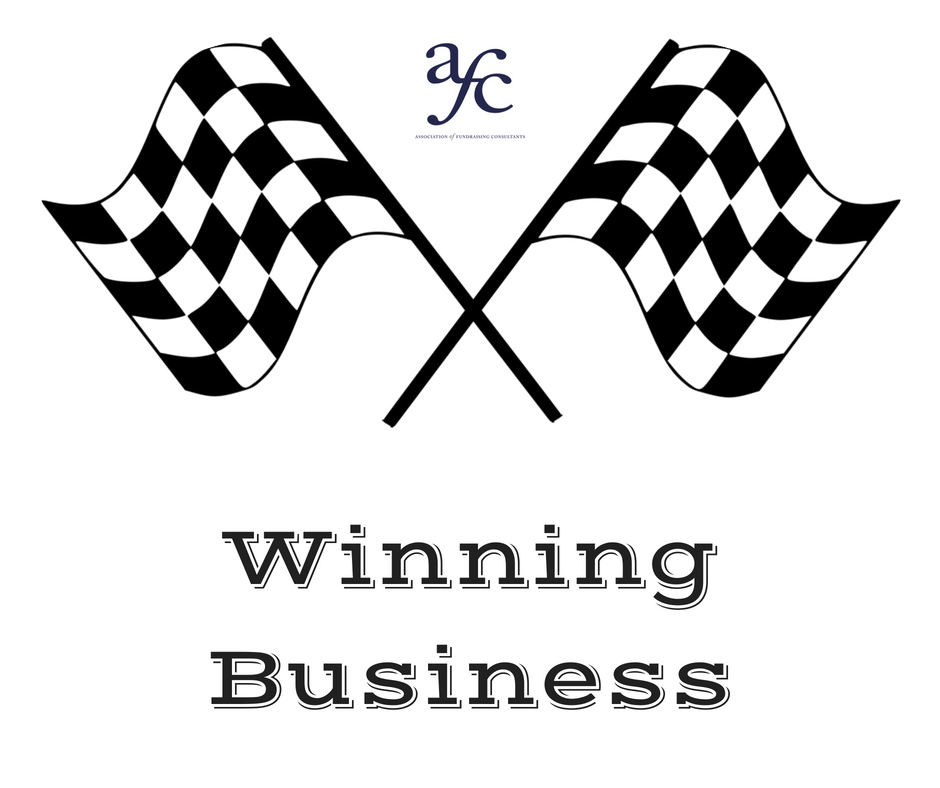
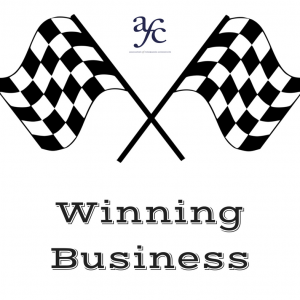

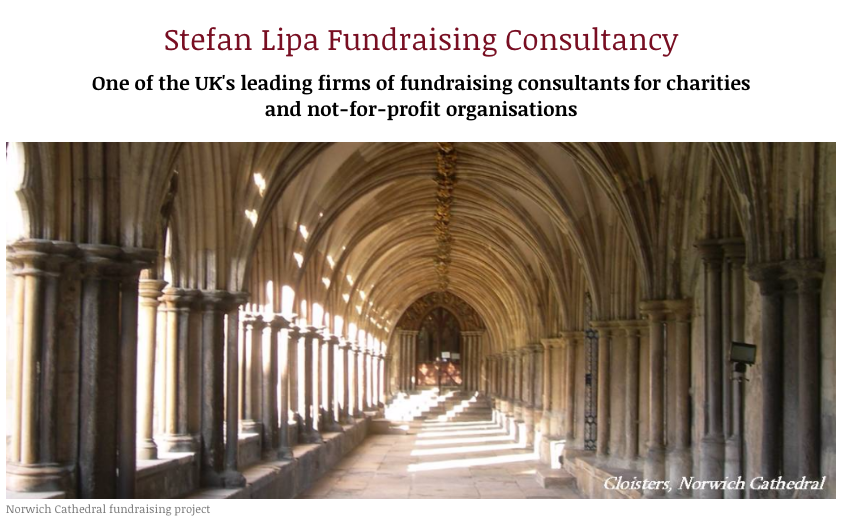

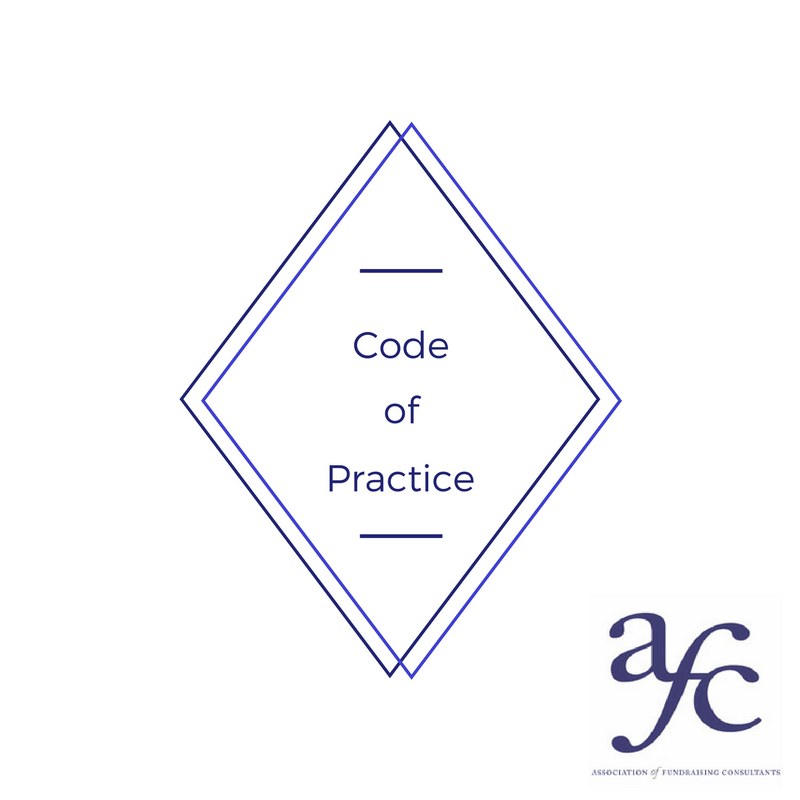
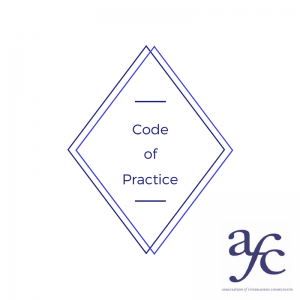

Recent Comments